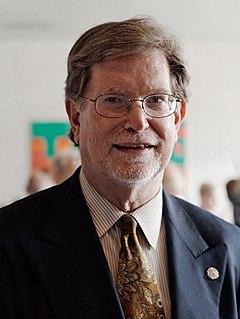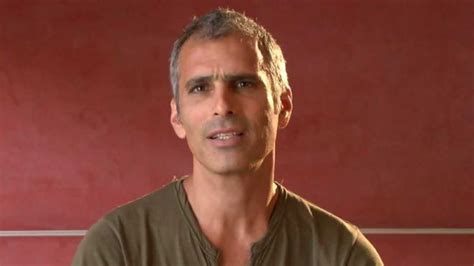A Quote by Robert Rinder
Learning about crime in great detail forces us to ask ourselves how it happened, how the victims and perpetrators got to that point, how the law works, how the police force functions.
Related Quotes
I wanted to learn how the business worked. I wanted to see how people got drafted, how players got traded, how they got picked up in free agency, how the salary cap worked, how do you manage an organization, how do you negotiate contracts. The Bulls gave me an excellent opportunity to answer all the questions that I wanted to ask.
If you're serious about being an architect, you've got to learn how to take responsibility. It's not fluff. You have to do every detail on every bloody piece of the building. You have to know how the engineering works. You have to know how the fittings go together. You have to master the mechanical, electrical, acoustical - everything.
I do not believe you could intellectually comprehend all the different forces playing upon us. Yet what you can do is become very silent, so you are not distracted and then begin to feel how these forces playing upon us are affecting us, and according to how we feel, we can then make intelligent decisions as to how far, how deep, how much, we explore in any pose.
An aggressive war is the great crime against everything good in the world. A defensive war, which must necessarily turn to aggressive at the earliest moment, is the necessary great counter-crime. But never think that war, no matter how necessary, nor how justified, is not a crime. Ask the infantry and ask the dead.
We have to come back to basics: learning how to take care of ourselves. Not only learning to love our bodies - and that's a good beginning - but to take care of our bodies and ourselves by learning how to eat and how to think. I think living is really about thoughts and food, and we've got to get back to basics.
How do we define, how do we describe, how do we explain and/or understand ourselves? What sort of creatures do we take ourselves to be? What are we? Who are we? Why are we? How do we come to be what or who we are or take ourselves to be? How do we give an account of ourselves? How do we account for ourselves, our actions, interactions, transactions (praxis), our biologic processes? Our specific human existence?
There are lots of cases where we know more about how the world works than we do about how we know how it works. That's no paradox. Understanding the structure of galaxies is one thing, understanding how we understand the structure of galaxies is quite another. There isn't the slightest reason why the first should wait on the second and, in point of historical fact, it didn't. This bears a lot of emphasis; it turns up in philosophy practically everywhere you look.
I was always interested in the larger picture, I was pre-law in college, and had a degree in economics. I was very interested in the big question 'how then shall we live?,' how do we organize as a civilization when we are so different, and often don't get along, yet we know at some point we have to unite for the common good? I actually really care about those issues, and I'm driven to understand how it works.

































